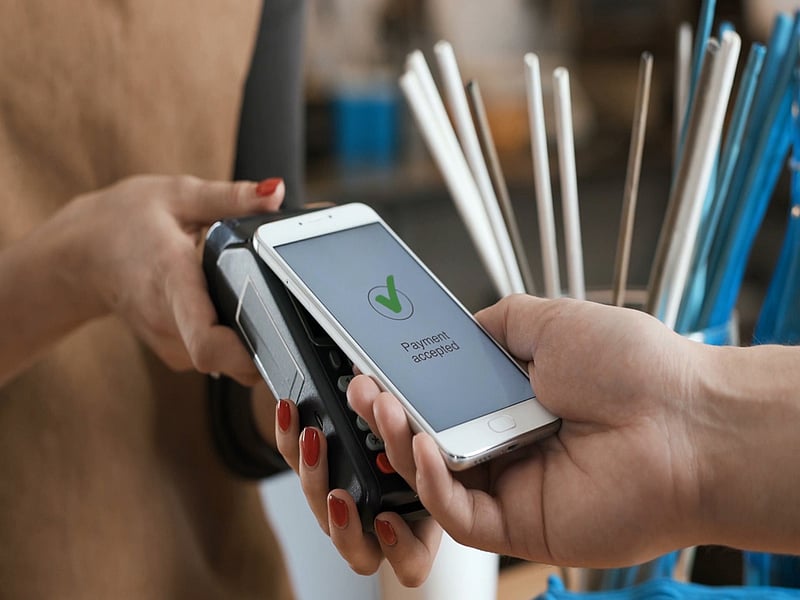Digital Dirham enters real use: What UAE residents should expect next
Government’s first Digital Dirham transaction sets stage for wider rollout across the UAE

Dubai: The UAE has stepped into a new chapter of financial innovation. The Digital Dirham—the central bank digital currency (CBDC) issued by the Central Bank of the UAE (CBUAE)—has now been used in its first government transaction.
That milestone reflects more than a symbolic move: it opens a path toward everyday use for residents, businesses and digital-finance ecosystems alike.
What just happened
A transfer was executed between the Ministry of Finance and the Dubai Department of Finance via the mBridge payments platform—settlement completed in under two minutes.
The transaction used the Digital Dirham as part of the CBUAE’s Financial Infrastructure Transformation (FIT) Programme, signalling the shift from pilot to broader application.
Government leaders described the move as a “qualitative shift” in leveraging financial technology and ensuring the UAE remains a global financial-innovation hub.
What it means for you
Faster payments: The under-two-minute government transaction shows the potential for much quicker settlements—imagine utility bills, rebates, or social-benefit payouts settling almost instantly.
More payment options: Residents may soon access Digital Dirham wallets, top-up via banks or licensed providers, and pay in-store, online or for peer-to-peer transfers. Retail rollout is expected to begin in Q4 2025.
Inclusive access: Because the Digital Dirham is designed to work through fintechs and wallet providers—not just banks—more residents and expats could participate in digital payments, even if they lack traditional bank accounts.
What to watch for
Merchant and service-provider readiness: Stores, landlords, and platforms will need to integrate CBDC-compatible systems.
Wallet and provider choice: You’ll likely be able to pick from approved wallet providers; compare fees, features and security.
Regulation, privacy and interoperability: The CBUAE emphasises data protection and compliance; expect wallet providers to perform KYC and security checks.
Timeline for broader rollout: While government use is live, retail public use remains phased. Keep track of announcements from CBUAE and approved wallet firms.
Your next steps
Stay informed about which banks or fintechs will offer Digital Dirham wallets.
Consider how your current payment habits (rent, utilities, peer transfers) might change.
Prepare for a hybrid environment: You'll still be able to use cash and cards, but CBDC may gain preferred status over time.
As the UAE moves from pilot to practical use of the Digital Dirham, the payments landscape for you and your business is beginning to evolve. The initial government transaction only marks the opening act.
Sign up for the Daily Briefing
Get the latest news and updates straight to your inbox
Network Links
GN StoreDownload our app
© Al Nisr Publishing LLC 2026. All rights reserved.
